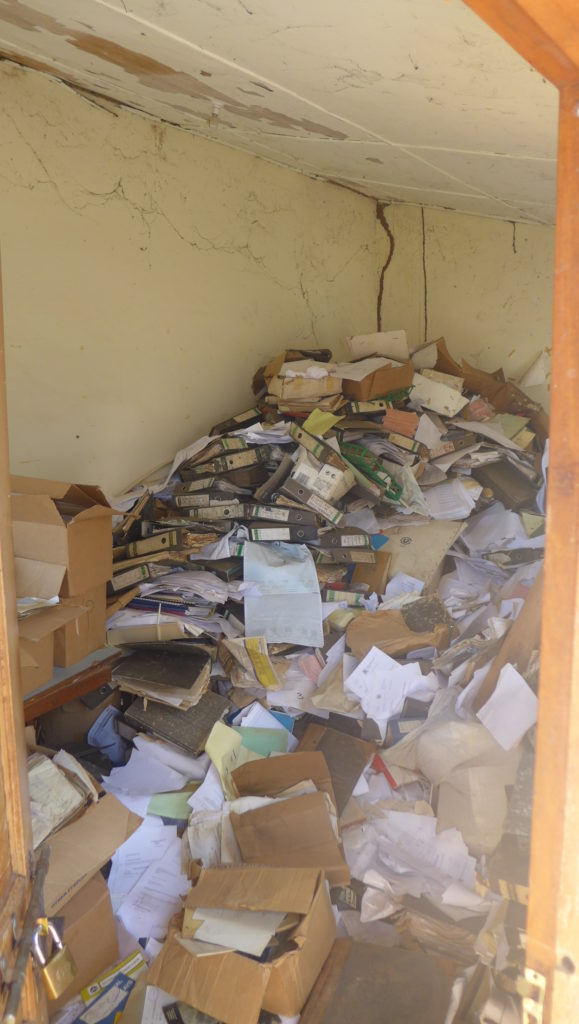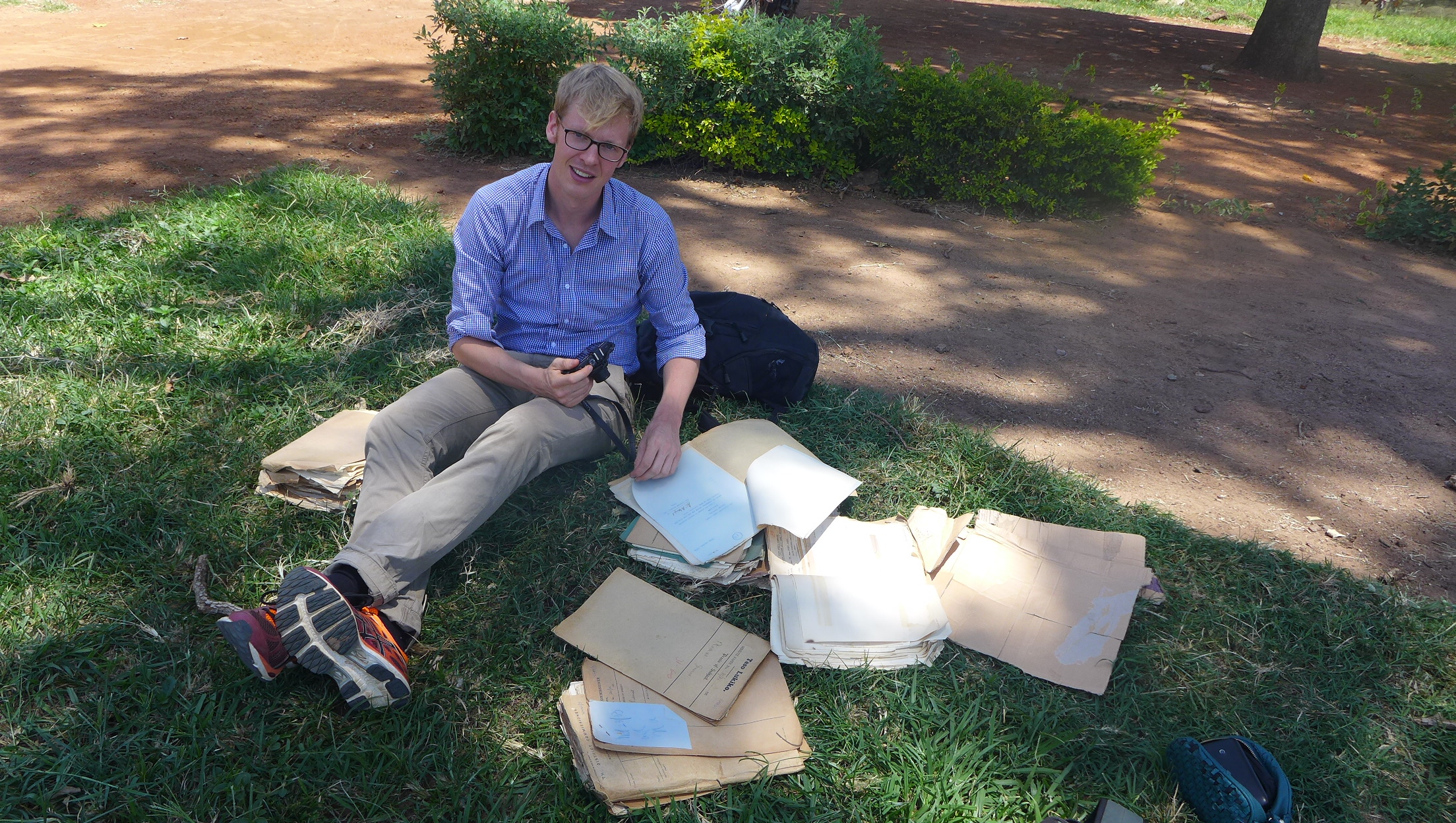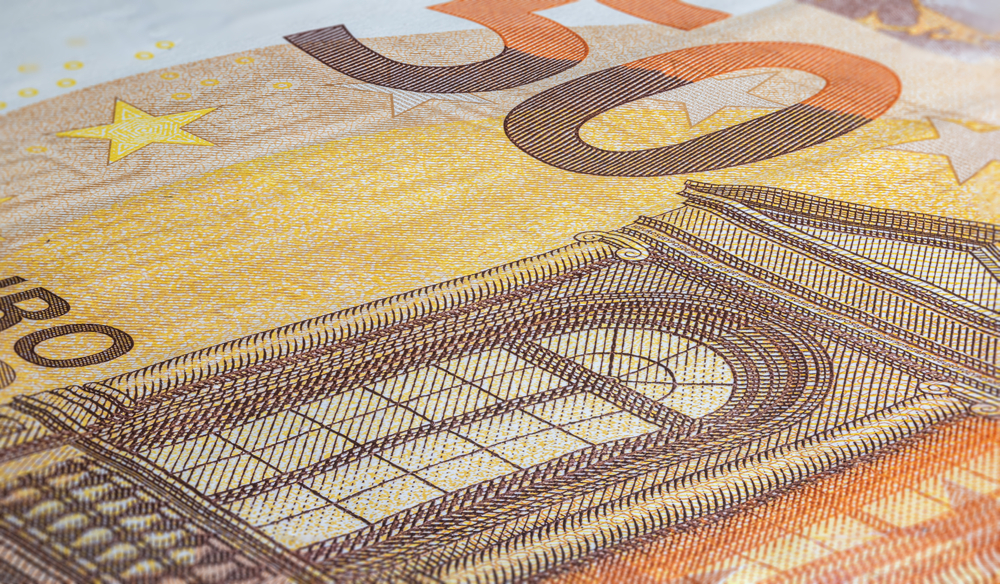In the aftermath of the Great Depression, governments in Europe got more involved in the economy and the welfare of citizens, and the gap between rich and poor got smaller. But these positive effects did not materialize in African countries, which were still largely under colonial rule at that time. Economic historian Michiel de Haas received a Veni grant from the Dutch Research Council this spring to look for a different perspective on that poverty.
‘The ultimate goal is to understand the poverty in Africa,’ says assistant professor of Agricultural and Environmental History De Haas, ‘with regard to the impact of colonialism, for instance. You can only address it when you understand it. I want to pose questions about poverty, and to debunk outdated framing. Our attitude to poverty has got to change, so we make different choices.’ Researching the economic history of colonial East Africa has personal significance to the Dutchman too. ‘My son and stepson have Ugandan roots and Ugandan nationality. That gives me extra motivation and a sense of responsibility to increase our historical understanding of this region.’
De Haas is looking specifically at the crisis in the 1930s. This is unusual in his field, because economic historians often study much longer periods. Also, up to now more attention has been paid to the colonization and decolonization of Africa than to this crisis under the colonial regimes. The stock market crash of 1929 and the malaise that followed are seen as the deepest economic crisis in the history of global capitalism. We know a lot about the consequences of this Great Depression for the US and Europe, says De Haas. ‘Governments started to intervene more in the economy and welfare. Take the first steps towards a welfare state in the Netherlands, for example. Inequality decreased.’
What was happening in Africa at the time?
‘Africa mainly exported primary commodities: agricultural products and minerals. The price of these products plummeted, falling further than the prices of manufactured goods. As a result, for the same volume of export you could only buy half the amount of imported goods such as textiles.
It was not in the colonizer’s interests to diversify the economy
In response to this fall in prices, people started to produce and export more, which made African economies more dependent on these exports. In my research, I look specifically at cotton, coffee and copper in the former British and Belgian colonies in Central and East Africa (Burundi, Congo, Kenya, Uganda, Rwanda, Tanzania and Zambia).’
Why did production and exports increase despite low prices?
‘There are two possible explanations. The first is that farmers took the initiative to produce more to earn more. How did they do that? Did their wives and children help out? Or did they spend less time on other work, such as making their own textiles? A second hypothesis is that the colonial authorities became more involved in production. The colonial power collected taxes, which the population paid out of income from exports. Falling export prices indirectly reduced the government’s income. People became poorer, fled or rebelled. When people start to resist, a government must use more repression to achieve the same goals. To what extent did that go on? And how can governments do that when their budgets are under pressure?’

You state that African economies are still heavily dependent on exports to be able to import. How is that possible?
‘I suspect that colonialism stood in the way of better systems. In general, it was not in the interests of the colonial power to diversify the economy. Especially in times of crisis, they mainly wanted to export more of the same, but that pushes the economy further and further into import-export dependency, a dead-end street.
The ultimate goal is to understand African poverty
The population is less able to diversify and to make things themselves so as to become more resilient and less dependent on imports. That strong export dependency and its impact on people’s standard of living are just as relevant today.’
To test your hypotheses, you delve into the archives. How do you go about that?
‘We collect import and export statistics and data on tax receipts to chart how exports developed during the Great Depression. That is the quantitative side, but the statistics don’t tell you anything about the perspective of workers, farmers and villages. I use the colonial archives for that, looking at things like the correspondence between colonial officials, and newspaper archives.’
How do you shed light on the side of both the colonizer and the colonized?
‘Firstly, by reading as widely as possible. Newspapers from that time give a voice to the local population. Sometimes farmers petition the government, saying for example that it is not fair that they are getting such low prices. Secondly, you have to read the archives with a critical eye. That could mean, for example, not always going along with a colonial officer’s interpretation of the facts about particular developments.’
Are you conscious of your own background as a researcher?
‘Certainly. I am a Dutch city boy looking at economic processes in completely different countries where a lot of people lived outside the cities. I am involving colleagues in East Africa in my research to check if I am asking the right questions. Most of the work on the Great Depression in Africa has been done by African historians, such as the Nigerian Moses Ochonu – a source of inspiration for me. The Veni grant gives me an opportunity that many historians in Africa don’t have because they do a lot more teaching.’

 Michiel de Haas: ‘Here I am photographing the Teso District Archives in Uganda. I am sitting outside because the archive was difficult to access, as you can see in the other photo. It has been catalogued and refurbished since then.’ Photo: Doreen Kembabazi
Michiel de Haas: ‘Here I am photographing the Teso District Archives in Uganda. I am sitting outside because the archive was difficult to access, as you can see in the other photo. It has been catalogued and refurbished since then.’ Photo: Doreen Kembabazi 

